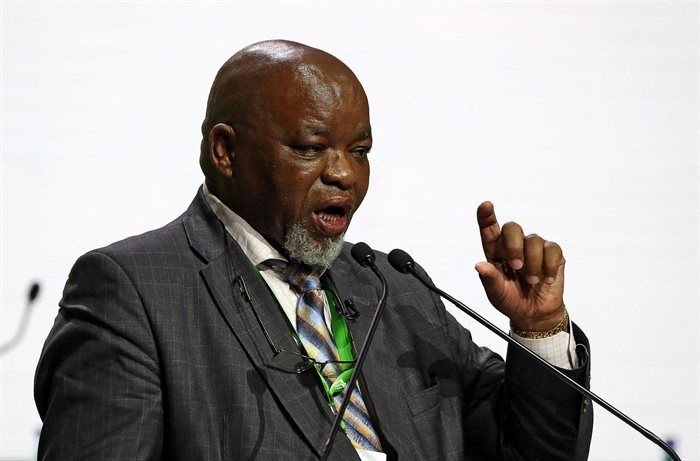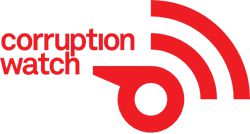Bosasa: the case against Mantashe

Three properties belonging to Mantashe were fitted with security upgrades in 2013 at Bosasa’s cost of around R650,000. The company’s former chief operations officer Angelo Agrizzi made these allegations when he appeared before the commission in January 2019. The minister did not dispute that the installations were made, but claimed that he was unaware that Bosasa paid. Two of the properties are in the Eastern Cape, while a third is in Boksburg, Ekurhuleni.
Unconvincing evidence
Commission chairperson Acting Chief Justice Raymond Zondo was unconvinced by Mantashe’s evidence that the upgrades were a personal favour from Bosasa director Papa Leshabane, who happened to be a family friend. Zondo also notes that the actual cost could not be verified.
“Mr Mantashe’s characterisation or the security installations as being a manifestation of traditional intra-family support of a traditional project, akin to contributions for a traditional wedding ceremony, is not convincing,” Zondo notes in the report. He further makes the argument that viewed in the context of Mantashe’s influential position as secretary-general of the ANC at the time, and the events placing Bosasa in close proximity to the party – including an election “war room” at the company head office – a reasonable conclusion can be made that Bosasa needed the ANC to favour it as it was invested in doing lucrative business with the state.
Furthermore, Zondo adds, Mantashe’s denial that the upgrades were indeed a form of gratuity is undermined by other facts, including the scale of generosity and his failure to offer to make any contribution whatsoever of his own toward the costs. If it was a project based on a traditional sharing of costs, one would have expected him at least to make a contribution commensurate with his means, according to Zondo.
“He initially denied knowledge of [late former Bosasa CEO] Mr [Gavin] Watson’s 'clan name', but later gave it. His response to the question whether he knew that Mr Leshabane was working for Bosasa, was that this was immaterial – this is not an adequate response when, to his knowledge, the organisation was led by Mr Watson whom he knew to be involved in earlier bribery in relation to contracts for catering at mine hostels.”
Public profile
Mantashe had also told the commission that all he knew of Bosasa was that the company ran the West Rand Youth Centre, but this too failed to convince Zondo, who notes that by the time of the upgrade installations, Bosasa had already gained a public profile of being an alleged corrupt entity being probed by the Special Investigating Unit.
“In the circumstances, it may be concluded that there is a reasonable suspicion that Mr Mantashe received the free installations, knowing that Mr Leshabane sought through him to influence unspecified or unnamed office bearers in the categories listed in TOR 1.1 [terms of reference of the commission], leading departments that Bosasa did, or sought to do, business with.”
Mantashe told journalists on Wednesday that he saw no need to step down from his position, given that Zondo had not found any prima facie evidence against him but instead recommended that further investigations be conducted to pursue this.
This article was originally published on Corruption Watch.
Source: Corruption Watch

Corruption Watch (CW) is a non-profit organisation launched in January 2012, and operates as an independent civil society organisation with no political or business alignment. CW is an accredited Transparency International chapter that fights against the abuse of public funds, relying on the public to report corruption. These reports are an important source of information to fight corruption and hold leaders accountable for their actions.
Go to: www.corruptionwatch.org.za








































